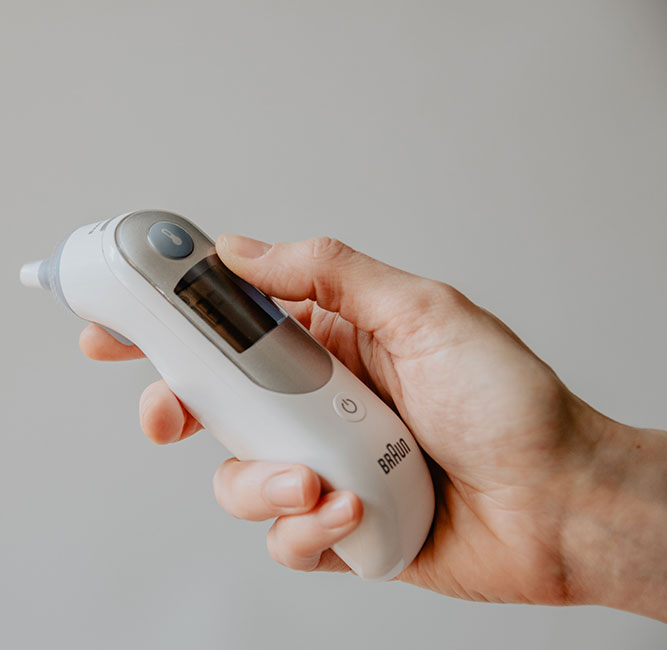


Dr. Maya Johnston-Stone
By Blackdoctor.org
When it comes to vitamins, it can all be a bit confusing as to which one helps prevent which condition, disease or ailment.
For decades, commercials and advertisers would have you believe that Vitamin C is one of the most powerful vitamins in fighting a cold or immune system virus like the flu.
But over time, research studies have found that another vitamin is a more valuable cold fighter, and at even fighting something like COVID-19. That is vitamin D.
Vitamin D is sometimes called the “sunshine vitamin” because it is produced in your skin in response to sunlight. It is a fat-soluble vitamin in a family of compounds that includes vitamins D-1, D-2, and D-3.
Your body produces vitamin D naturally when it is directly exposed to sunlight.
You can also get it through certain foods and supplements to ensure adequate levels of the vitamin in your blood.
Getting a sufficient amount of vitamin D is important for normal growth and development of bones and teeth, as well as improved resistance against certain diseases.
Among the newest studies, scientists have found:
- More than 80 percent of 200 patients hospitalized with COVID-19 had vitamin D deficiency. Patients with lower vitamin D levels also had higher blood levels of inflammatory markers. But the researchers found no link between low D levels and how severe the disease was.
- Spanish researchers tested how prescription vitamin D could affect people hospitalized with COVID. Of the 50 who received it, only one needed the intensive care unit (ICU), and none died. Among 26 patients who did not receive the vitamin, 13 needed ICU care and two died.
- U.S. researchers evaluated blood samples from 235 patients admitted to the hospital with COVID and then followed them to see how they fared. Patients who had adequate vitamin D levels were less likely to become unconscious or die from COVID.
While it is essential for bone health, vitamin D is multi-purposeful and is thought to be much better than vitamin C in its immunity role.
A study was conducted involving 19,000 participants using data from a national health survey between 1988 and 1994.
It showed 36 percent of those with low levels of vitamin D in their blood were more likely to report having a recent upper respiratory tract infection than those with higher levels.
How Much Vitamin D Do You Need?
The Institute of Food and Agricultural Sciences reports new recommendations based on international units (IU) per day.
IU are a standard type of measurement for drugs and vitamins. IU help experts determine the recommended dose, toxicity, and deficiency levels for each person.
One IU is not the same for each type of vitamin. International units are determined by how much of a substance produces an effect in your body. The recommended IU for vitamin D are:
children and teens: 600 IU
adults up to age 70: 600 IU
adults over age 70: 800 IU
pregnant or breastfeeding women: 600 IU
The African Americans and Vitamin D Issue
According to a study conducted by the Cooper Institute, nearly 76 percent of African American adults are vitamin D deficient.
Vitamin D doesn’t act like a typical vitamin. It is an essential nutrient, which means the human body needs it but can’t make it on its own.
While some foods such as salmon and dairy contain (or are fortified with) vitamin D, human beings get most of their vitamin D from the sun, through a chemical reaction in the skin that produces vitamin D.
Black people have higher amounts of melanin in their skin than those with lighter skin tones, and melanin naturally provides some protection from the sun, but it also reduces the skin’s ability to produce vitamin D from sunlight.
What’s more, many Black people are lactose intolerant, so our diet often lacks dairy fortified with vitamin D, leaving us with lower than average levels in their system.
Is the Vitamin D Test Wrong?
By the current blood test for vitamin D, most African-Americans are deficient. That can lead to weak bones. So many doctors prescribe supplement pills to bring their levels up.
But the problem is with the test, not the patients, according to a new study.
The vast majority of African-Americans have plenty of the form of vitamin D that counts — the type their cells can readily use.
